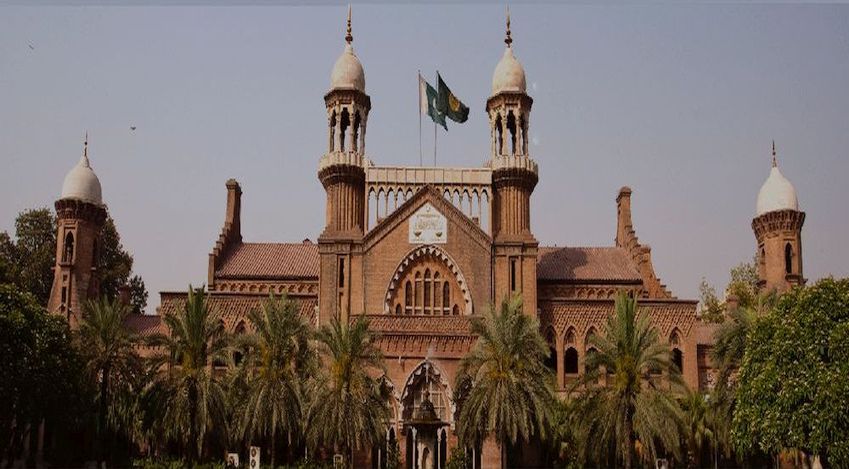Temporary Religious use does not constitute permanent Waqf Dedication --- Lahore High Court Sets Aside Auqaf Department’s Notification Declaring Shrine Property as Waqf
Islamabad 23-12-2024: In a significant decision, the Lahore High Court has set aside the notification issued by the Auqaf Department under Section 7 of the Punjab Waqf Properties Ordinance, 1979, which declared the Shrine of Hazrat Shah Habib Ullah Baghdadi and its surrounding land as Waqf property. The Court ruled that the notification violated statutory requirements and the constitutional guarantee of a fair trial under Article 10-A of the Constitution of Pakistan.
The appellants, Pir Syed Ghulam Samdani and another, claimed hereditary custodianship (Sajjada Nasheen and Mazara Moroosi) of the shrine and surrounding properties located in District Khanewal. They challenged the notification issued by the Auqaf Department, which declared 55 Kanals and 14 Marlas of land as Waqf property, alleging that it was issued without prior notice or hearing.
The Auqaf Department justified its actions, stating that the property had been used for religious purposes from time immemorial, making it eligible to be declared Waqf under Section 2(e) of the Ordinance.
Mr. Justice Abid Hussain Chattha identified critical procedural violations and emphasized the importance of ensuring compliance with statutory and constitutional requirements. The Court made the following observations:
The notification was issued without serving notice to the appellants or affixing it on the property, which is a mandatory requirement under Section 7 of the Punjab Waqf Properties Ordinance, 1979.
The appellants were denied their constitutional right to a fair trial (Article 10-A) as they were not provided an opportunity to contest the proceedings.
Revenue records and previous litigation confirmed the appellants’ possession and custodianship of the property. There was no conclusive evidence to prove that the property was permanently dedicated as Waqf.
The Court noted that the Auqaf Department took possession of the property before the notification was published in the official gazette, violating statutory procedures.
Occasional use of private property for religious purposes, such as during Urs, does not constitute permanent dedication as Waqf.
The Court relied on key case laws, including:
- Chief Administrator Auqaf Vs. Allah Bakhsh (2011 SCMR 235)
- Muhammad Ishaq Vs. Chief Administrator of Auqaf (PLD 1977 SC 639)
- Chief Administrator Auqaf Vs. Diwan Sheikh Taj-ud-Din (PLD 2012 SC 897)
The Lahore High Court allowed the appeal, declaring the notification invalid and setting aside the judgment of the trial Court. However, it permitted the Auqaf Department to initiate fresh proceedings under the law, ensuring compliance with procedural requirements.
Powered by Froala Editor








